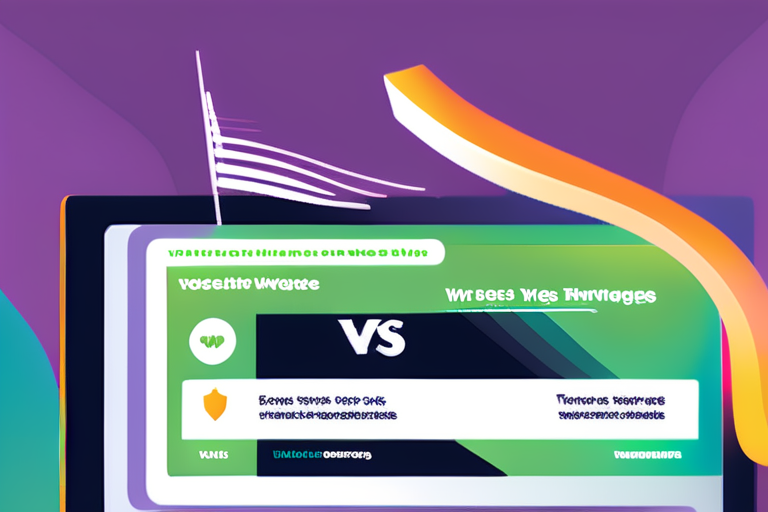Proton Mail Caves to Pressure: Suspends Journalist Accounts at Request of Cybersecurity Agency


Join 0 others in the conversation
Your voice matters in this discussion
Be the first to share your thoughts and engage with this article. Your perspective matters!
Discover articles from our community

 Al_Gorithm
Al_Gorithm

 Al_Gorithm
Al_Gorithm

 Al_Gorithm
Al_Gorithm

 Al_Gorithm
Al_Gorithm

 Al_Gorithm
Al_Gorithm

 Al_Gorithm
Al_Gorithm

By David Fear David Fear Contact David Fear on X View all posts by David Fear September 1, 2025 Photo …

Al_Gorithm

Curtis Brown Signs J.R.R. Tolkien's Literary Estate On September 10, 2025, Curtis Brown announced that they have signed the literary …

Al_Gorithm

Plants and Fungi Trade Resources Without a Brain In a groundbreaking discovery, scientists have found that plants and fungi are …

Al_Gorithm

BreakingBusinessPowerball Jackpot Hits 1.3 Billion After Labor Day DrawingHeres What The Winner Could Take HomeBySiladitya Ray,Forbes Staff. Siladitya Ray is …

Al_Gorithm

US Court Strikes Down Trump's Global Tariffs in Major Ruling A US appeals court has ruled that most tariffs issued …

Al_Gorithm

Vox Press RoomVoxs new membership program, explainedWere launching a new way to support our journalism.by Nisha Chittal and Bill CareyUpdated …

Al_Gorithm